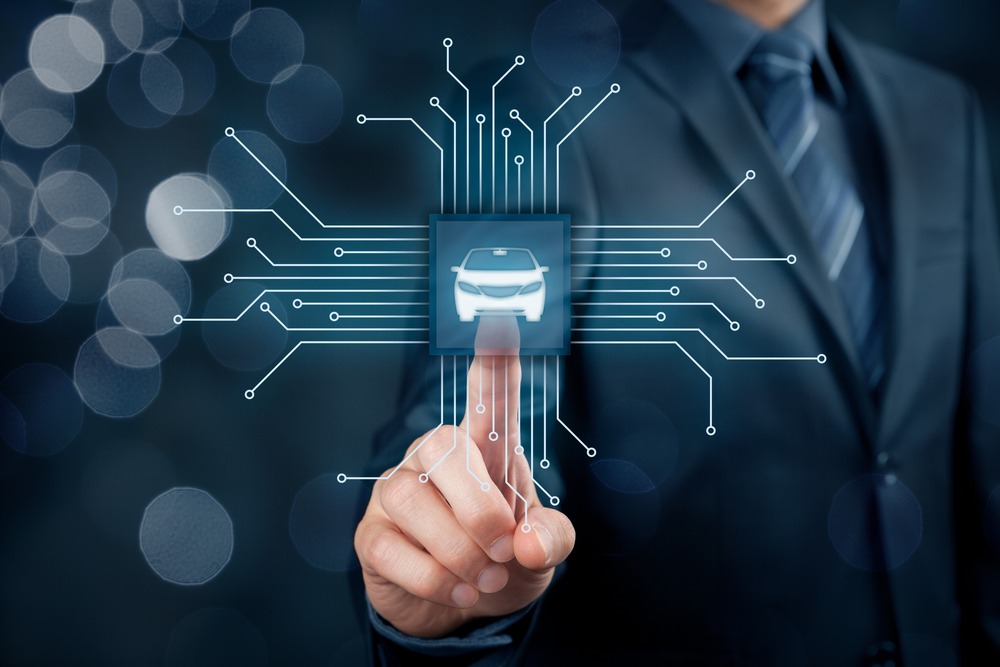
The Defense Advanced Research Projects Agency (DARPA) recently launched a program to create technology for the continual assurance of Learning-Enabled, Cyber Physical Systems.
These systems run on machine learning. Continual assurance refers to the functional correctness and safety of a system
“Historically, assurance has been approached through design processes following rigorous safety standards in development, and demonstrated compliance through system testing,” DARPA project manager Sandeep Neema said. “However, these standards have been developed primarily for human-in-the-loop systems, and don’t extend to learning-enabled systems with advanced levels of autonomy. The assurance approaches today are predicated on the assumption that the systems, once deployed, do not learn and evolve.”
The program called Assured Autonomy aims to address the factors that impede the deployment and adoption of autonomous systems.
These factors include:
Autonomous vehicles still require heavy operator involvement, which limits what autonomous vehicles can do.
Data-driven machine-learning techniques are needed to achieve higher levels of autonomy.
Current machine-learning techniques are unpredictable.
Autonomous vehicles are important for the nation’s defense. In a strategy report for the years 2015-2040, the U.S. Army Robotics and Autonomous Systems outlined objectives for autonomous systems.
Objectives include cyber defense, force protection, cognitive workload reduction, logistics, and enhanced situational awareness.